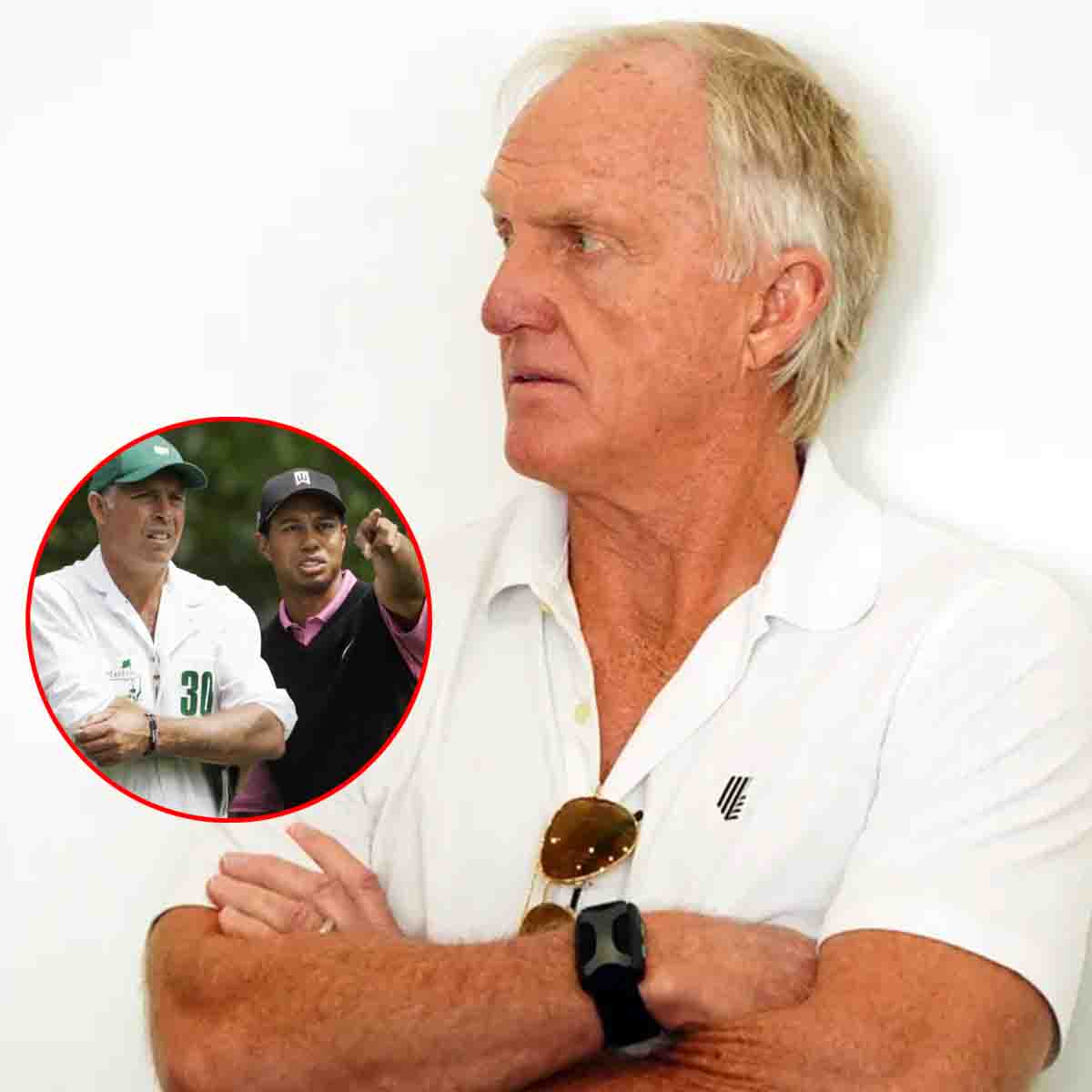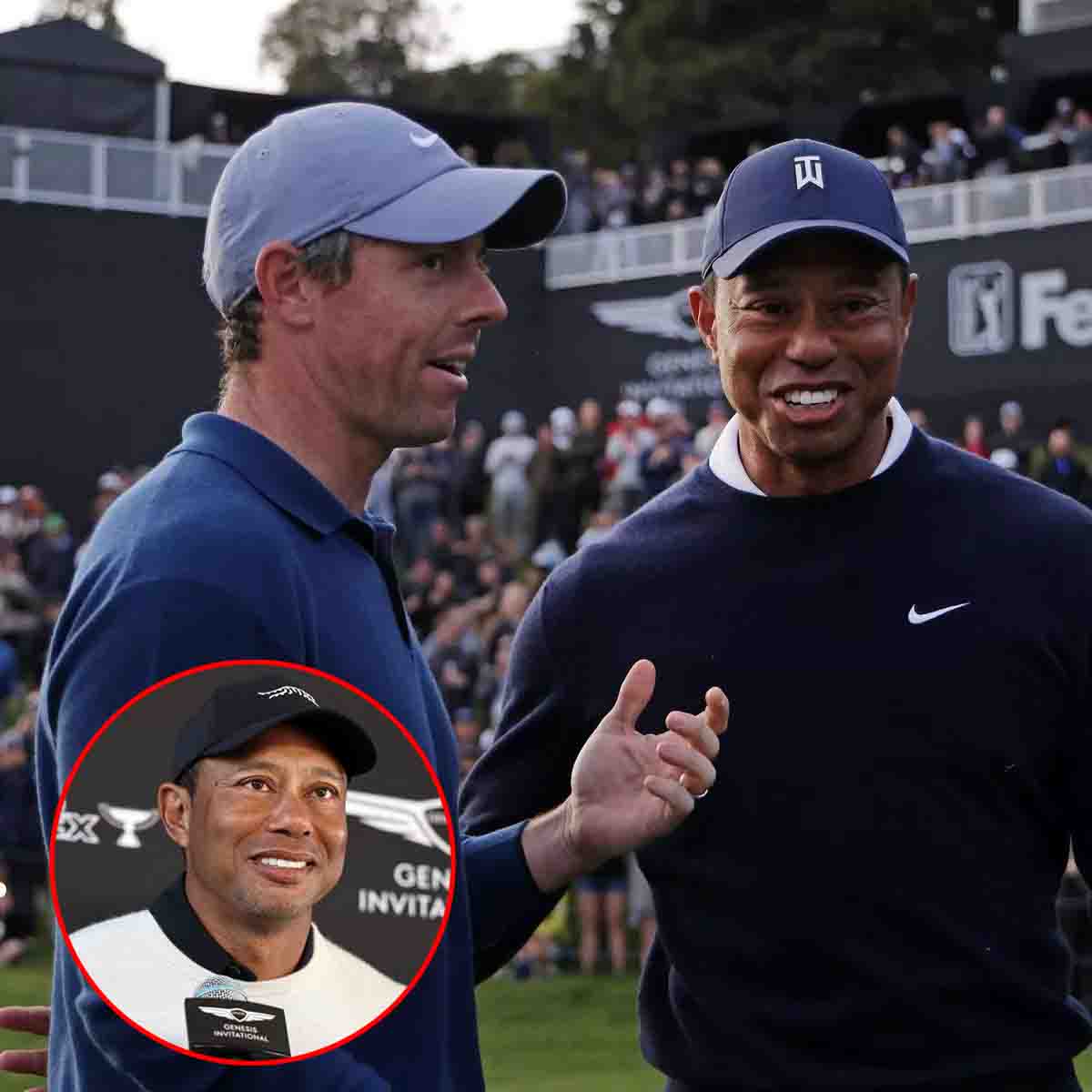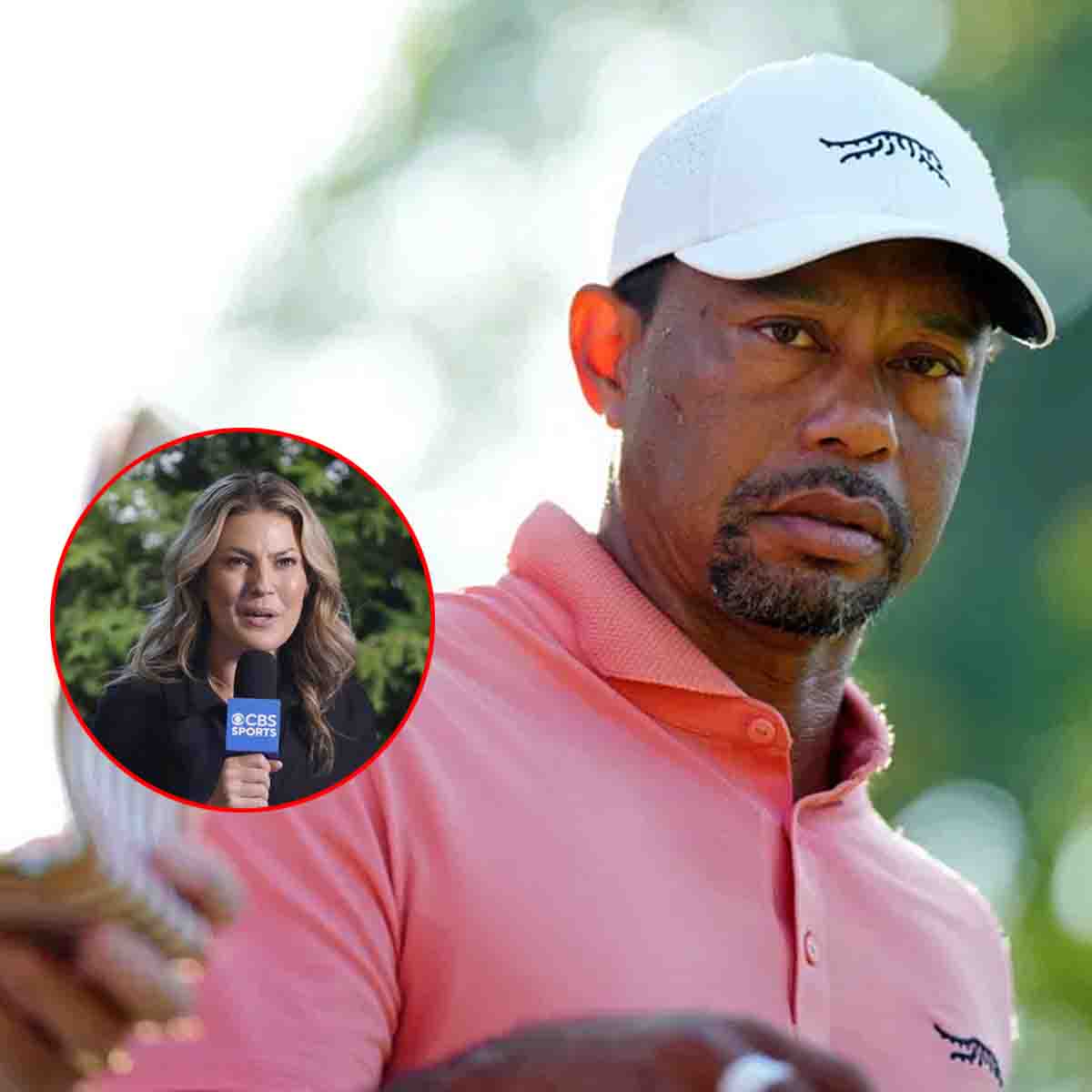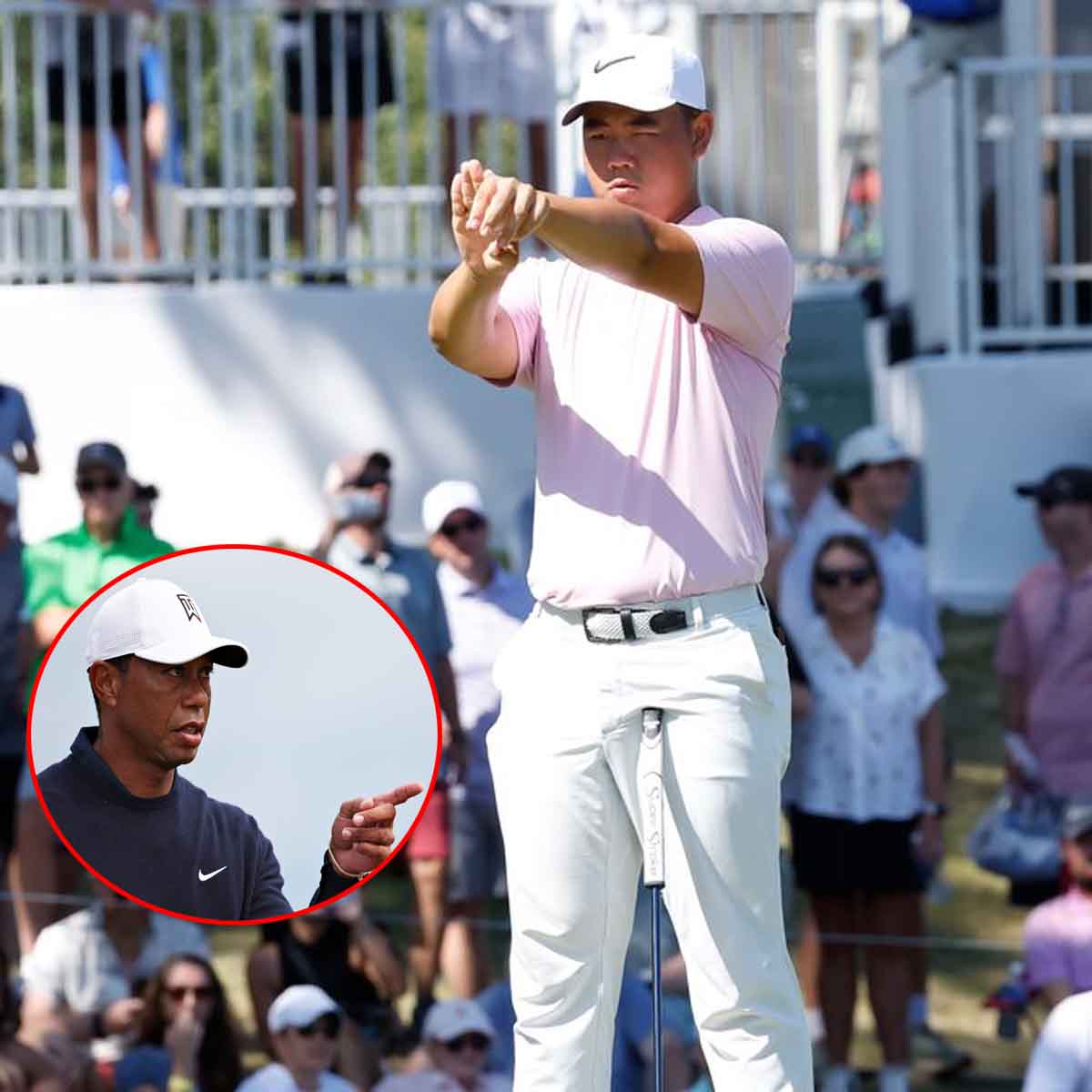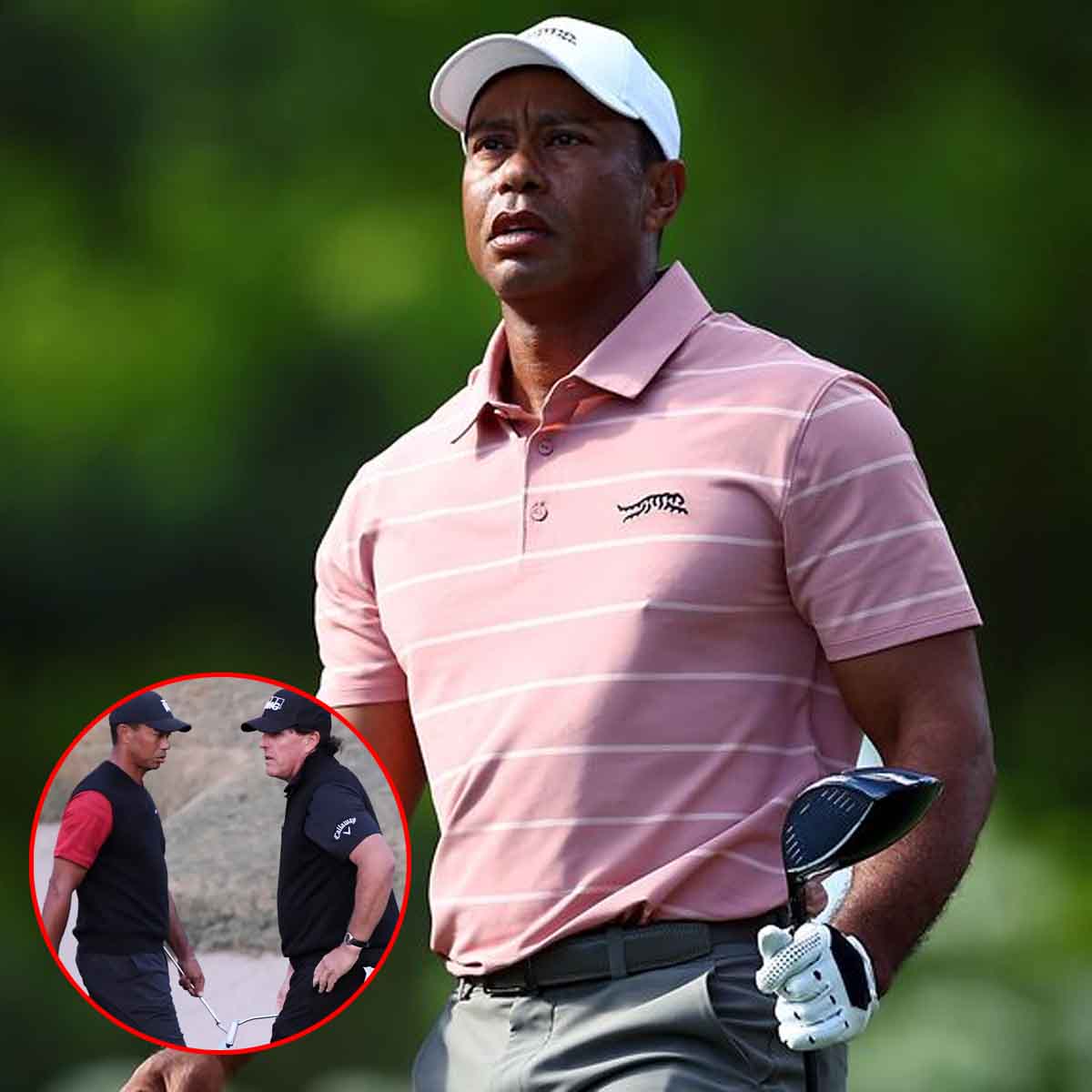The debate over the England international’s best position is raging once again after a match-winning performance against Fulham
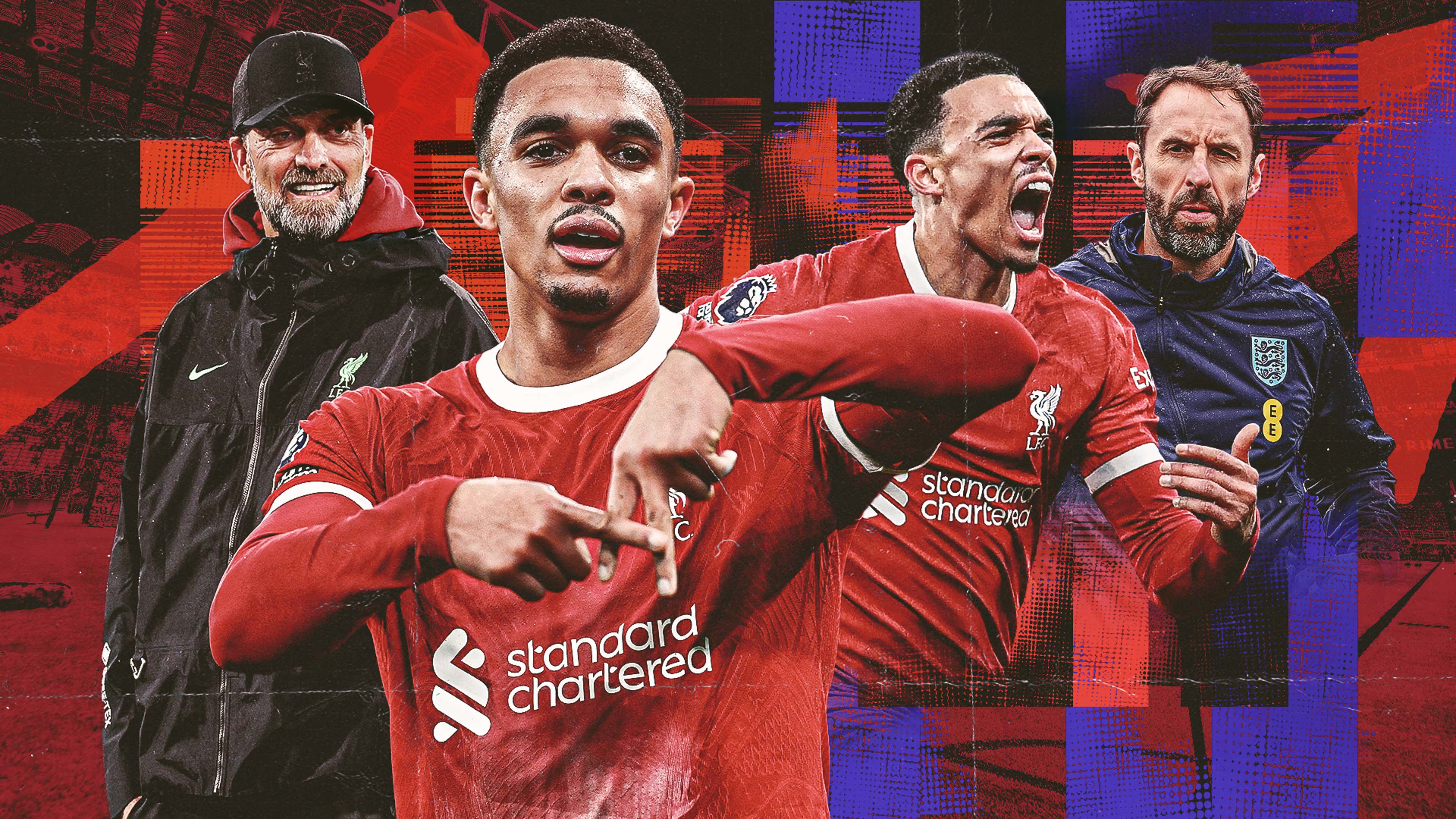
Pep Guardiola’s game-plan against Liverpool last month wasn’t a particularly complex for once. The obvious objective was to target Trent Alexander-Arnold, so Jeremy Doku was selected on the left wing because he is both faster and more skilful than Jack Grealish. Doku completed more dribbles (11) than any other player in a Premier League game for more than two years. And yet it was Alexander-Arnold who had the bigger impact on the game. “Super-influential”, as Jurgen Klopp put it in his post-match press conference.
The right-back may have needed plenty of help trying to contain Doku but, at the end of the day, the winger neither scored nor assisted. Alexander-Arnold, by contrast, proved decisive, netting a late leveller to earn Liverpool a precious point at the home of the champions.
Indeed, the abiding image of the game was the 25-year-old standing silently in front of the home fans, his right index finger pressed against his lips. He had silenced his critics yet again – and also helped Liverpool send a message to Man City.
After a torrid 2022-23 campaign, the resurgent Reds are second in the Premier League standings after 14 rounds and clearly capable of challenging for the title this season. They are not the same side that lost 4-1 at the Etihad more than eight months ago – and Alexander-Arnold’s not the same player either. They’ve both evolved.
.jpg?auto=webp&format=pjpg&width=3840&quality=60) Another dimension’
Another dimension’
Part of that is down to a dramatic and overdue overhaul of the midfield. But it’s also down to change in Alexander-Arnold’s role. He’s not just Liverpool’s new vice-captain; he’s their homegrown hybrid hero, a right-back afforded the freedom to step into midfield and influence games. And it all started the week after Liverpool’s previous visit to the Etihad.
On April 9, Liverpool hosted Arsenal at Anfield. The Gunners were leading the league at the time, but given Liverpool’s hopes of a top-four finish were fading fast, Klopp felt compelled to take a “big step” by asking Alexander-Arnold to play as an ‘inverted full-back’. He would take up his usual defensive position when Liverpool didn’t have the ball, but when in possession, he would step into midfield to form a double pivot alongside Fabinho to form a 3-2-2-3.
The gamble paid off. Liverpool came from 2-0 down to claim a draw against Arsenal before embarking upon a seven-game winning streak. The Reds’ revival came too late to secure Champions League football, but the merits of having an auxiliary midfielder in Alexander-Arnold had been made abundantly clear. He racked up seven assists in Liverpool’s final 10 games of the Premier League season, after contributing just two before the switch.
“I felt I could dictate and control from right-back, but this was another dimension to my game,” Alexander-Arnold subsequently admitted. “How could I evolve? That was what I was searching for. An evolution.”
Two years after England boss Gareth Southgate had first picked Alexander-Arnold in midfield, for a World Cup qualifier against Andorra, the debate over the 25-year-old’s best position had been reopened, and it’s not stopped raging since.
.jpg?auto=webp&format=pjpg&width=3840&quality=60) Tricky for the opponent’
Tricky for the opponent’
Southgate even selected Alexander-Arnold in midfield again over the summer, and the Scouser impressed against both Malta and North Macedonia. By that stage, though, Liverpool had already begun revamping their engine room with the signing of Alexis Mac Allister from Brighton, and the World-Cup winning Argentine was soon joined at Anfield by Hungary captain Dominik Szoboszlai, who was prised away from RB Leipzig.
The search for a defensive midfielder, to replace outgoing veterans Fabinho and Jordan Henderson, did not progress quite as smoothly, with Liverpool seeing their top two targets, Romeo Lavia and Moises Caicedo, both join Chelsea, but reinforcements belatedly arrived in the form of Wataru Endo and Ryan Gravenberch, to give Klopp more options in the middle of the park.
Nonetheless, the German has persisted with the Alexander-Arnold experiment – and the decision to do so is once again being backed up by positive results. Despite ongoing concerns over the solidity of the defence – many of which are related to Alexander-Arnold’s dual responsibilities – only table-toppers Arsenal have conceded fewer goals (11) than Liverpool (14). Furthermore, the offensive benefits of occasionally switching to a 3-2-2-3 formation have also been there for all to see.
With his side struggling against Fulham on Sunday, Klopp pushed Alexander-Arnold into midfield alongside Gravenberch and brought Joe Gomez on to provide cover on the right-hand side of the defence. Alexander-Arnold netted a late winner as Liverpool triumphed 4-3, firing home from a central position just inside the box.
“You just try to change something to improve yourself,” Klopp told reporters afterwards, “but to make it a bit more tricky for the opponent as well, and today it worked out.”
.jpg?auto=webp&format=pjpg&width=3840&quality=60) Like Beckham or De Bruyne at right-back’
Like Beckham or De Bruyne at right-back’
The obvious question, though, is whether Liverpool would be best served by playing Alexander-Arnold in the middle all of the time. The thinking is that if he were completely unburdened by the necessity – and difficulty – of having to keep getting back into the right-back berth to prevent counter-attacks, he would take both his and Liverpool’s game to a whole new level.
“Trent definitely has the talent to play centre-midfield,” former Reds winger Steve McManaman tells GOAL. “His range of passing is incredible, as good as anyone in the Premier League.” Sky Sports pundit Gary Neville has also previously said it’s like Liverpool have “David Beckham or Kevin De Bruyne at right-back”.
Is that an advantage or a waste, though? We know that the man himself enjoys the added responsibility of playing in the middle. He’s even admitted that he’s no longer sure of his best position. However, as Alexander-Arnold has also acknowledged, it very much depends on the tactical set-up.
“As a full-back for Liverpool, I have the freedom to get into central areas and to create from the right-half space and get down the touchline and put crosses in, create chances and get assists over the last five or six years,” he explained. “The set-up at England is different in terms of what the manager wants from full-backs.
“Although, technically, it’s two different positions on the pitch, I think both systems allow me to get in the same positions. Having a licence to get the ball, dictate the game, control the tempo is the most important thing for a player like me.
“So, it’s not so much about whether I’m a full-back or midfielder. I’m just a player who needs to get on the ball and wants to orchestrate the whole game.” And he’s doing precisely that at Liverpool right now.
.jpg?auto=webp&format=pjpg&width=3840&quality=60) A very useful weapon’
A very useful weapon’
Alexander-Arnold has already scored twice this season – as many as he’s managed in each of the past three seasons – while it was his sweetly struck free-kick that went in off Bernd Leno’s back on Sunday. There have also been four assists in all competitions – only Mohamed Salah and Darwin Nunez have more for Liverpool in 2023-24.
Truth be told, though, he’s probably had more productive spells over the years, particularly in terms of creating goals with whipped crosses from the right flank, and Klopp acknowledged after the Fulham game that Liverpool can lack width when Alexander-Arnold moves infield, which is why Gomez was so crucial on Sunday.
“Tom Cairney pretty much man-marked Trent at times,” Klopp pointed out. “So, when Trent was just in the middle [in the closing stages], it was really helpful that we had [Gomez] on the wing. I’m not sure how many crosses Joey fired in in the end – and there were a few really good balls – but, all of sudden, Fulham had to adapt again and that didn’t work out for them. That’s why we could win the game.”
It’s understandable, then, that Klopp is keen to keep opponents guessing, with Alexander-Arnold capable of seamlessly shifting into midfield at a moment’s notice.
“I think when Liverpool are dominating and have teams hemmed in, Trent should definitely move inside, because it means giving one of your best passers a chance to break opponents down,” McManaman tells GOAL. “It’s a very useful weapon to have against certain teams, at certain times, as it gives you a numerical advantage in the most important area of the pitch.”
Klopp concurs. He essentially wants the best of both worlds: Alexander-Arnold continuing to cover the right flank, while also stepping into midfield whenever the opportunity presents itself to take control of the game.
“We know he can play [in the centre],” Klopp acknowledged, “but if we just put him there [permanently], we lose one of the best right-backs in the world, so we should not forget that completely.”
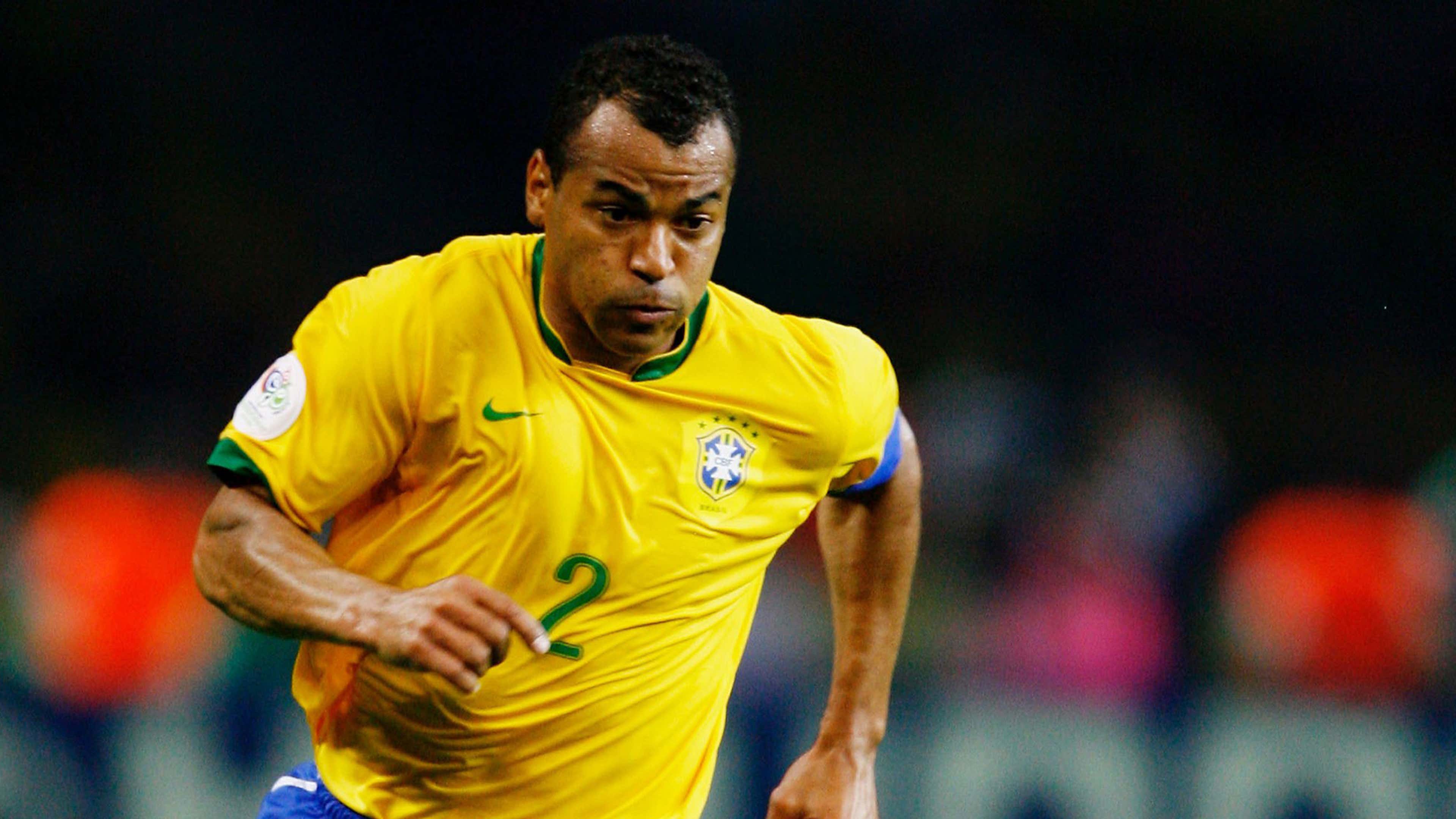 ‘I don’t understand the criticism’
‘I don’t understand the criticism’
Alexander-Arnold’s critics would, of course, challenge that claim. They would argue that he is not a good enough defender to be considered an elite right-back. There’s certainly no denying that Alexander-Arnold can be guilty of poor positioning and costly lapses in concentration. He’s already made two mistakes leading to goals this season.
But his defensive work is also regularly overlooked. Since the start of the 2023-24 campaign, Alexander-Arnold ranks fourth at Anfield for interceptions and tackles won, while only Szoboszlai has won possession back more times for the Reds.
It’s also worth pointing out that Cafu, one of the finest attacking right-backs the game has ever seen, has been regularly left bewildered by the way in which Alexander-Arnold is treated by certain pundits and sections of the English press. Why? Because he can relate to it.
“I just don’t understand [the criticism],” Brazil’s 2002 World Cup-winning captain told the Gazzetta dello Sport while wondering why Alexander-Arnold spent nearly all of his time on the England bench in Qatar last year. “He has everything: quality, dribbling, pace.
“But it’s always the same story: they say you are not defensive enough and you remain out of the team. Some people used to say the same about myself and Roberto Carlos, but I still think we won something together, no?…”
Alexander-Arnold’s medal haul at 25 also speaks volumes – although evidently not loudly enough to drown out the naysayers.
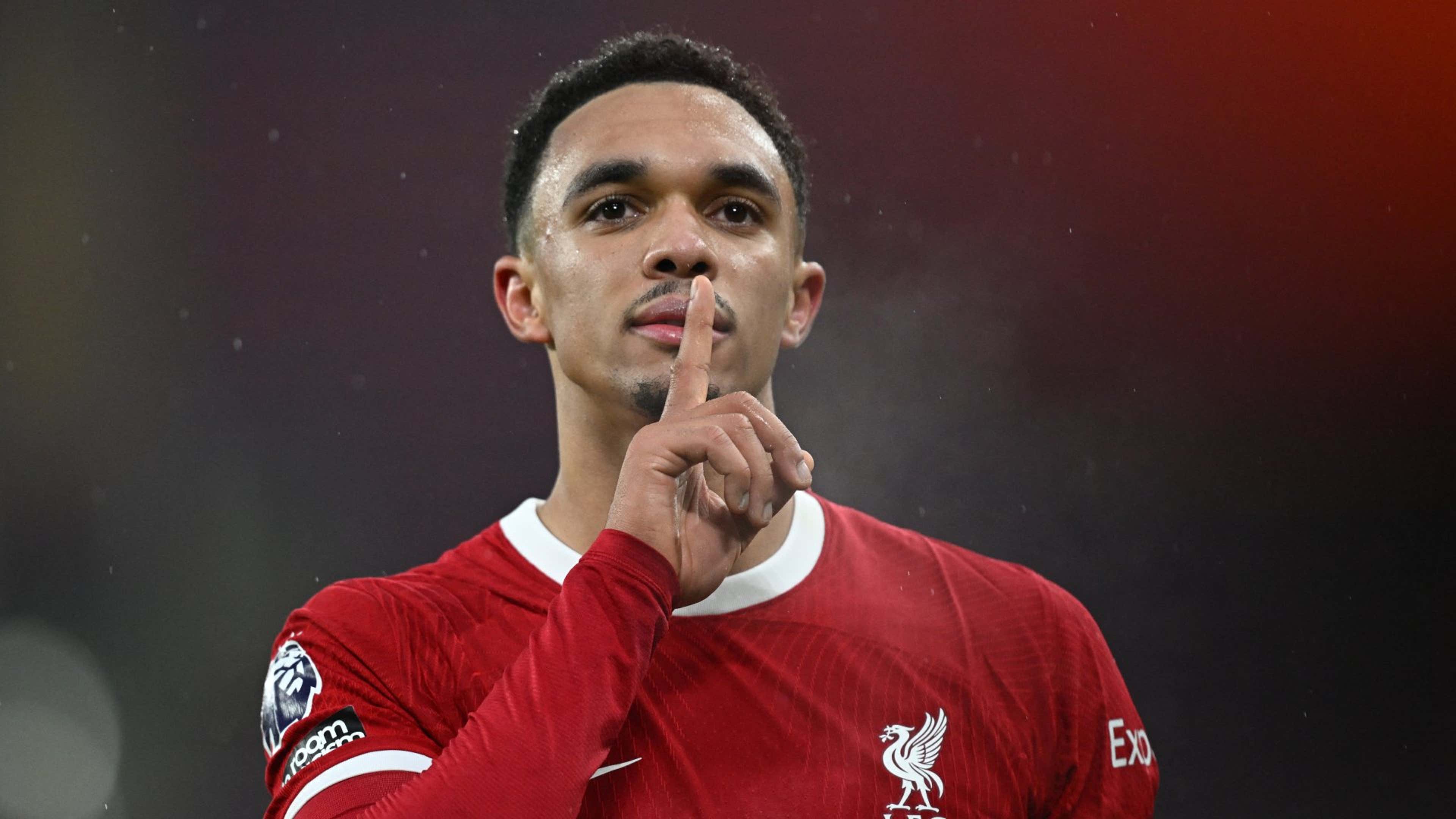 The evolution of the full-back’
The evolution of the full-back’
What’s fascinating, though, is that the likes of Neville are now effectively suggesting that those judging Alexander-Arnold need to alter the expectations of a full-back, primarily because the role has changed so much.
The former England and Manchester United man still believes that Alexander-Arnold must – and will – improve the defensive side of his game, but is also arguing that the goal against City, with Alexander-Arnold arriving on the edge of the box to take a pass from Salah before shooting low past Ederson, perfectly illustrated “the evolution of the full-back”.
“In my days, it was ‘get back in your position’,” Neville said on his Sky Sports podcast. “He still has to do his job and defend properly, but nowadays [the role] is so different. His first thought is always how he can affect the ball going forward.”
It’s now clear that both Southgate and Klopp are asking themselves the same question. Their answers may differ, of course, but they, too, are solely interested in getting the very best out of one of the game’s most gifted footballers. For England, that may well mean deploying Alexander-Arnold in a midfield three alongside Declan Rice and Jude Bellingham, as Jamie Carragher has argued.
For Liverpool, though, the dual role is working well. Klopp is not as conservative as Southgate – nor is he as blessed with as many options as right-back as the Three Lions boss – so he is more than happy to keep putting his faith in Alexander-Arnold to continue delivering “super-influential” performances in the most demanding of roles.
It’s a heavy burden to bear, of course, and he’ll need help, particularly in terms of the provision of cover from the likes of Ibrahima Konate. More mistakes will be made, but the risk is worth the reward, as far as Klopp is concerned. Right now, Alexander-Arnold’s position is more of a problem for opponents than Liverpool.
The question, then, isn’t whether he should play right-back or midfield? It’s, why not let him continue doing both?
